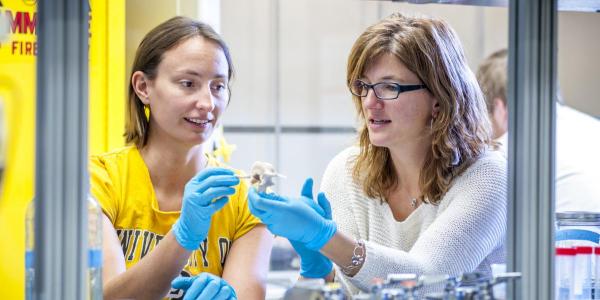This week's top research shows failure to diagnose hearing loss in infants can create an environmentally-induced and preventable secondary disability; and studying mice post-space travel could be the key to solving the bone loss problem that inhibits human space exploration and affects millions of older Americans.


